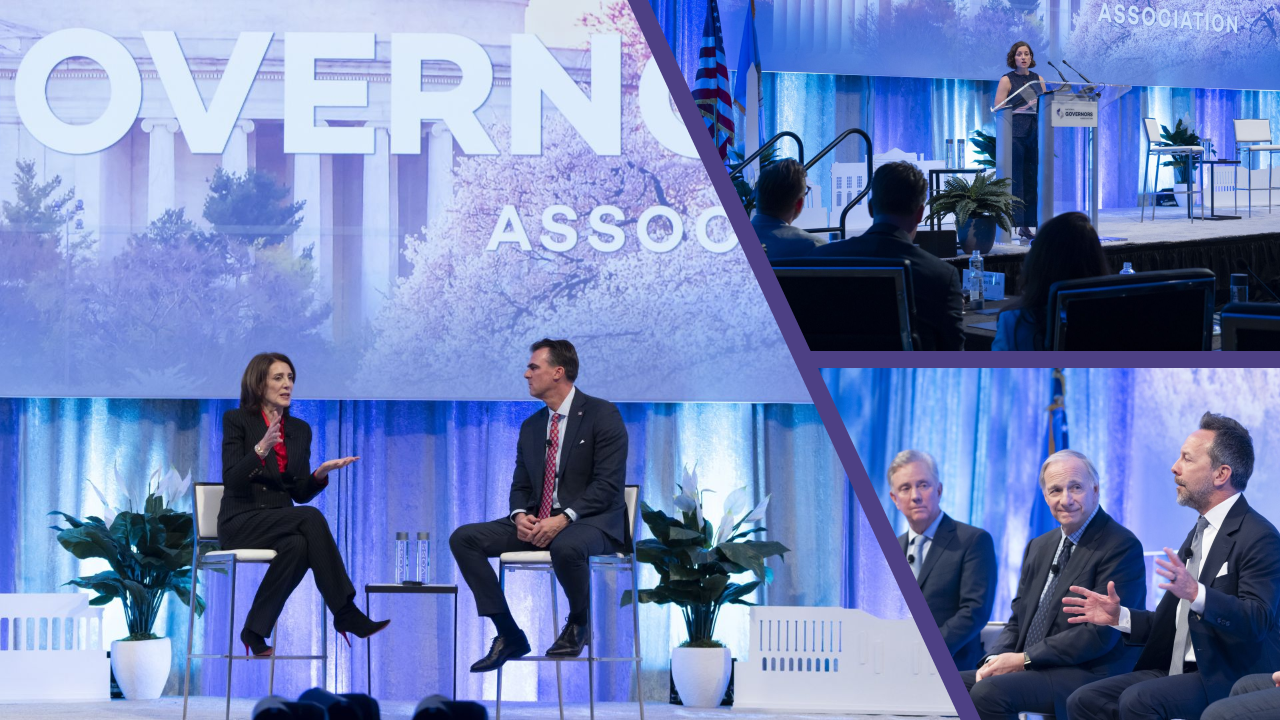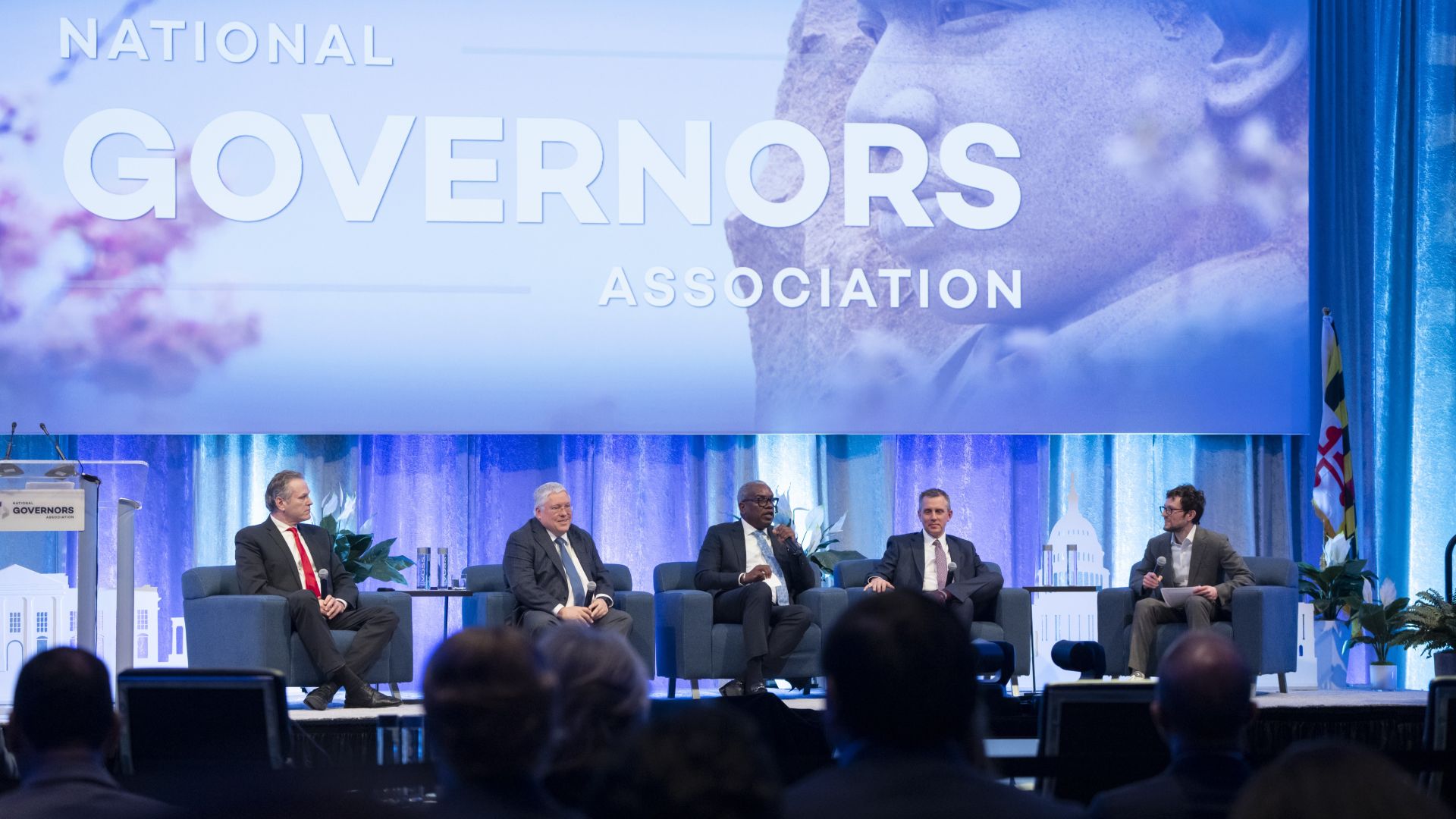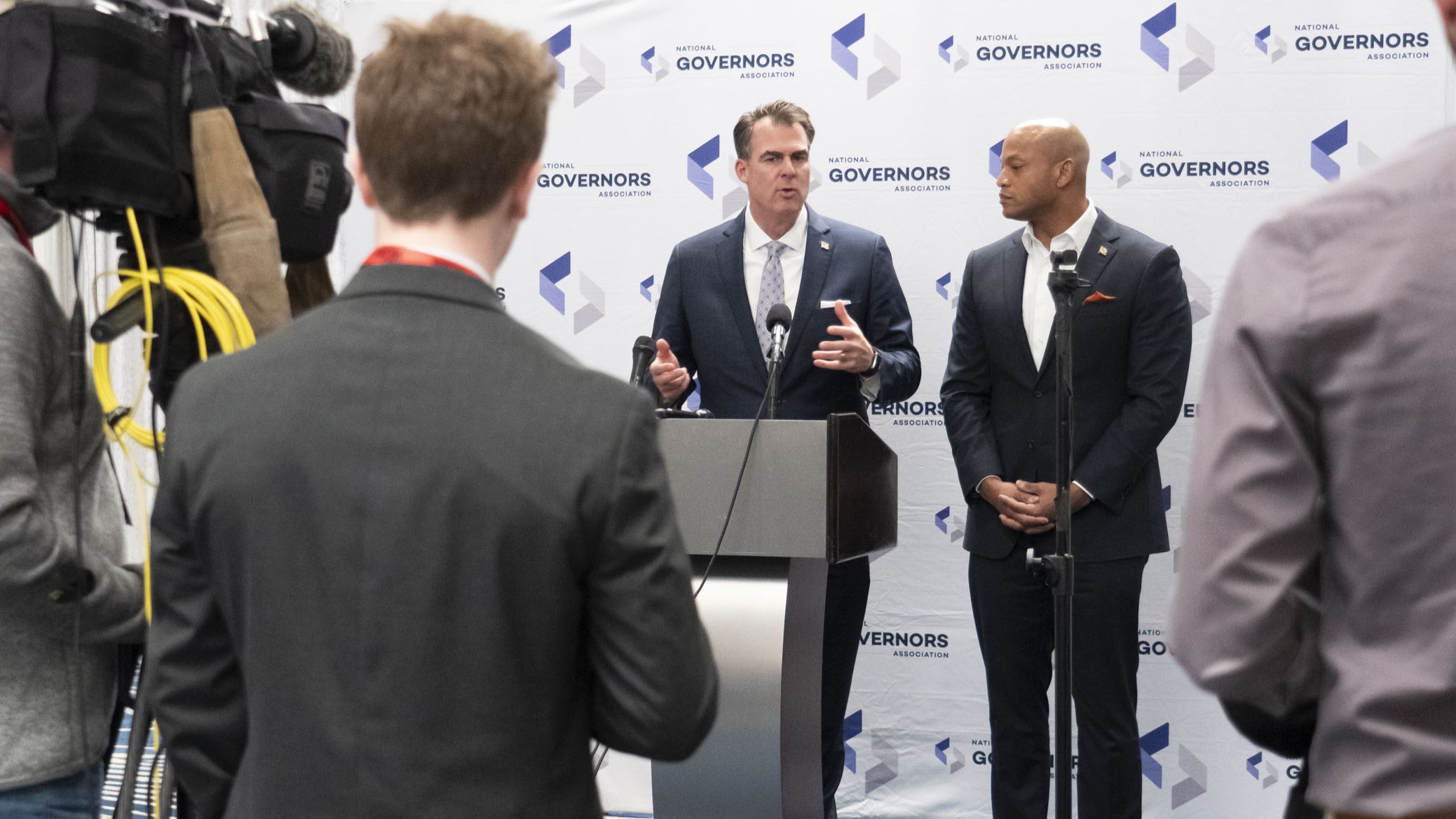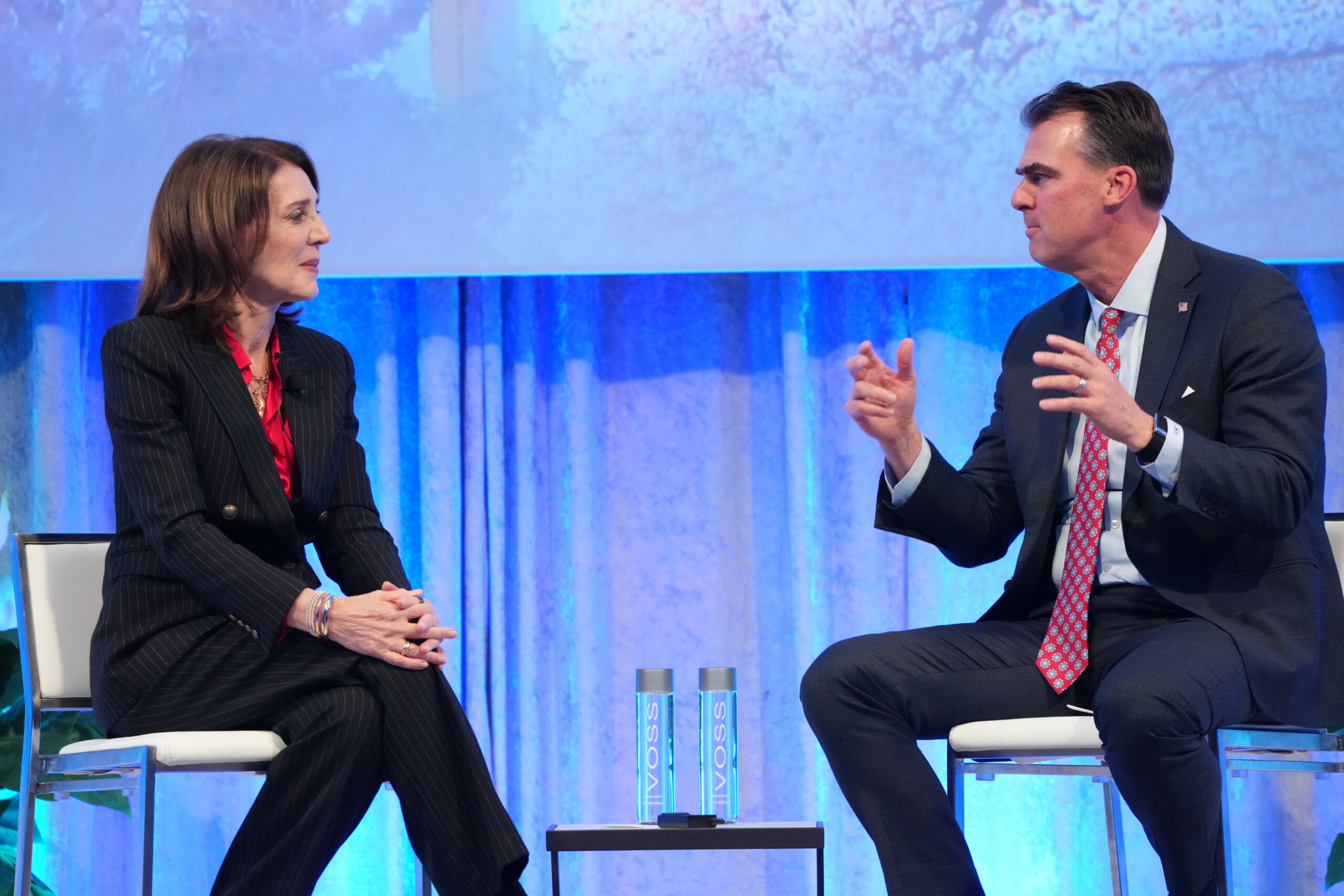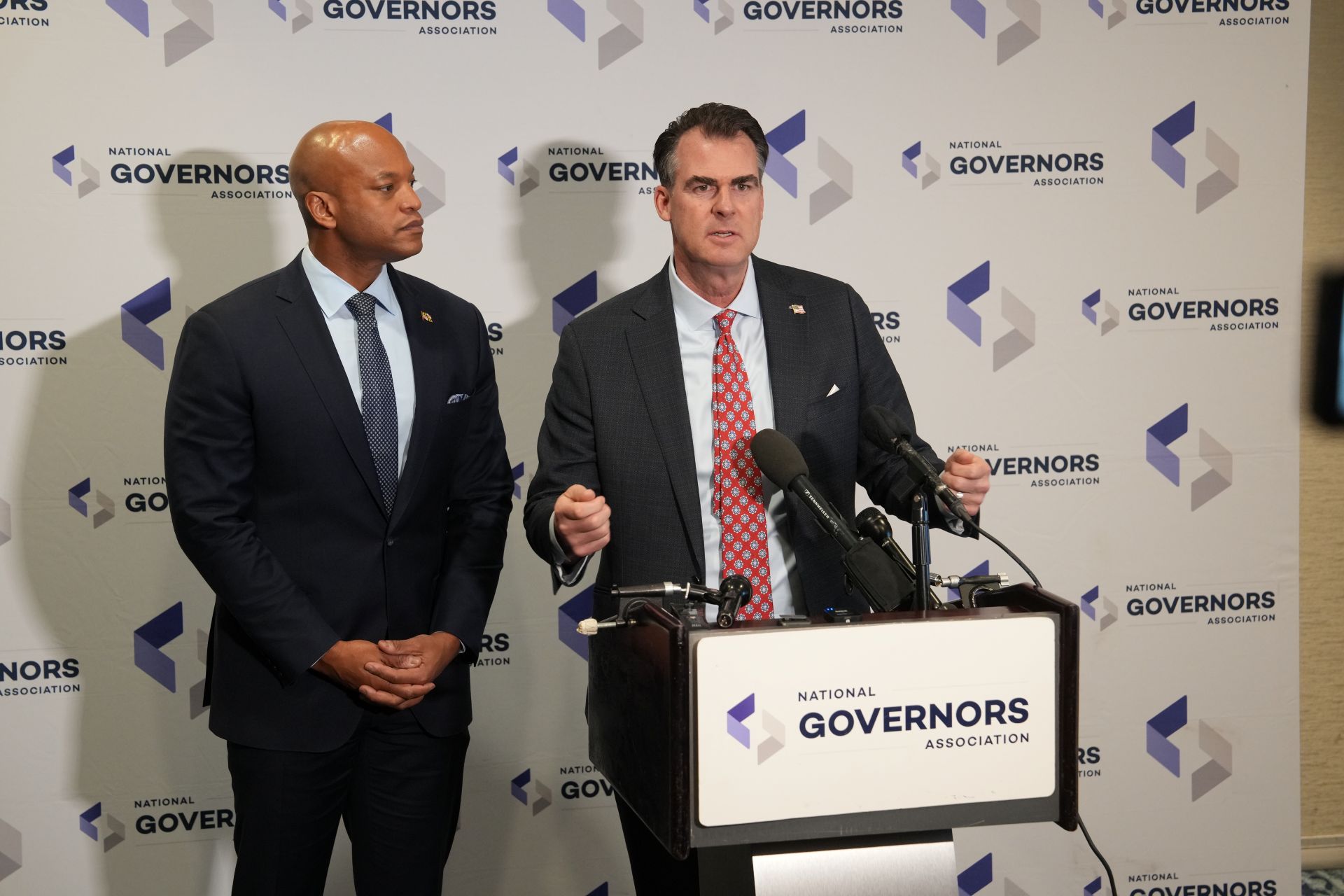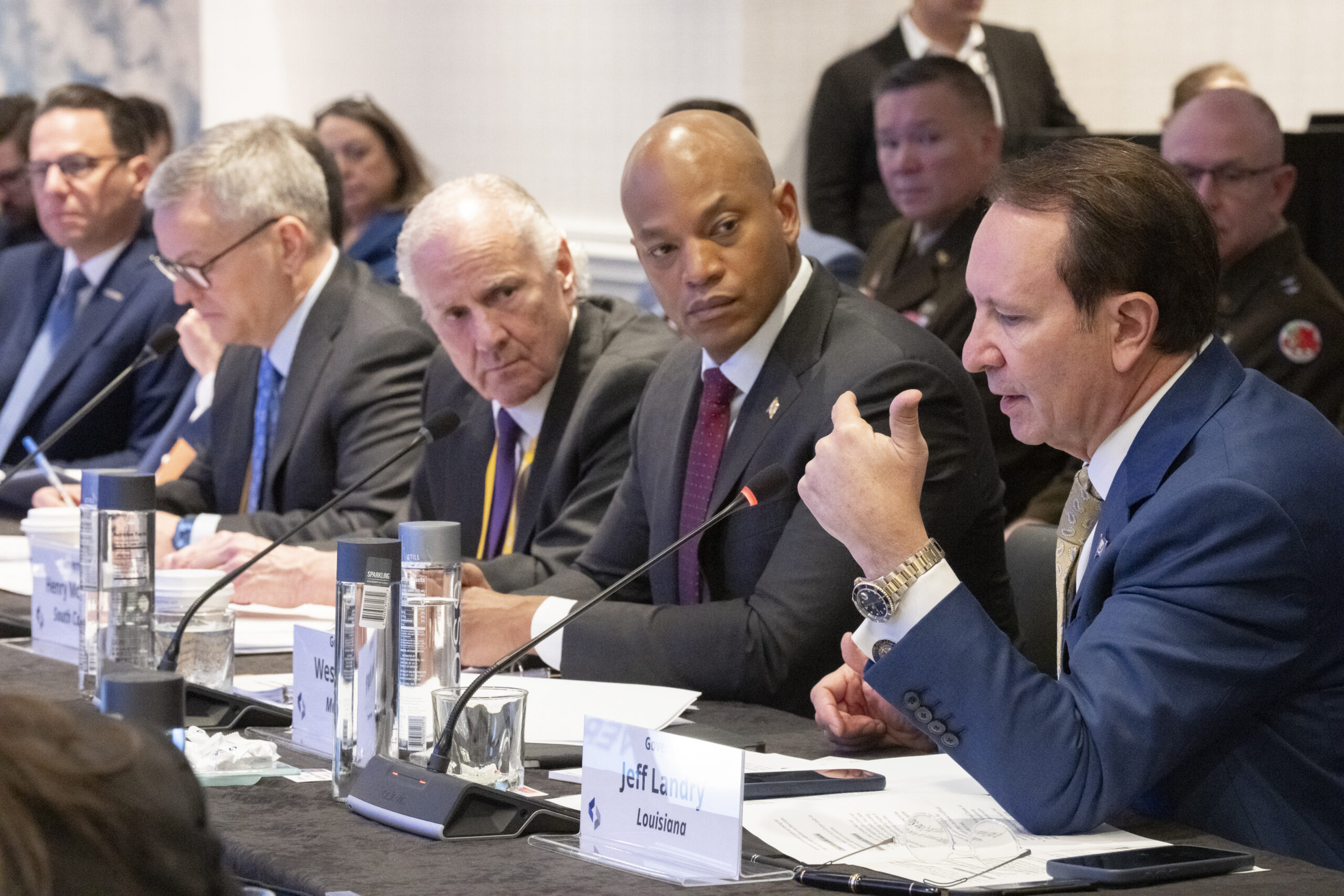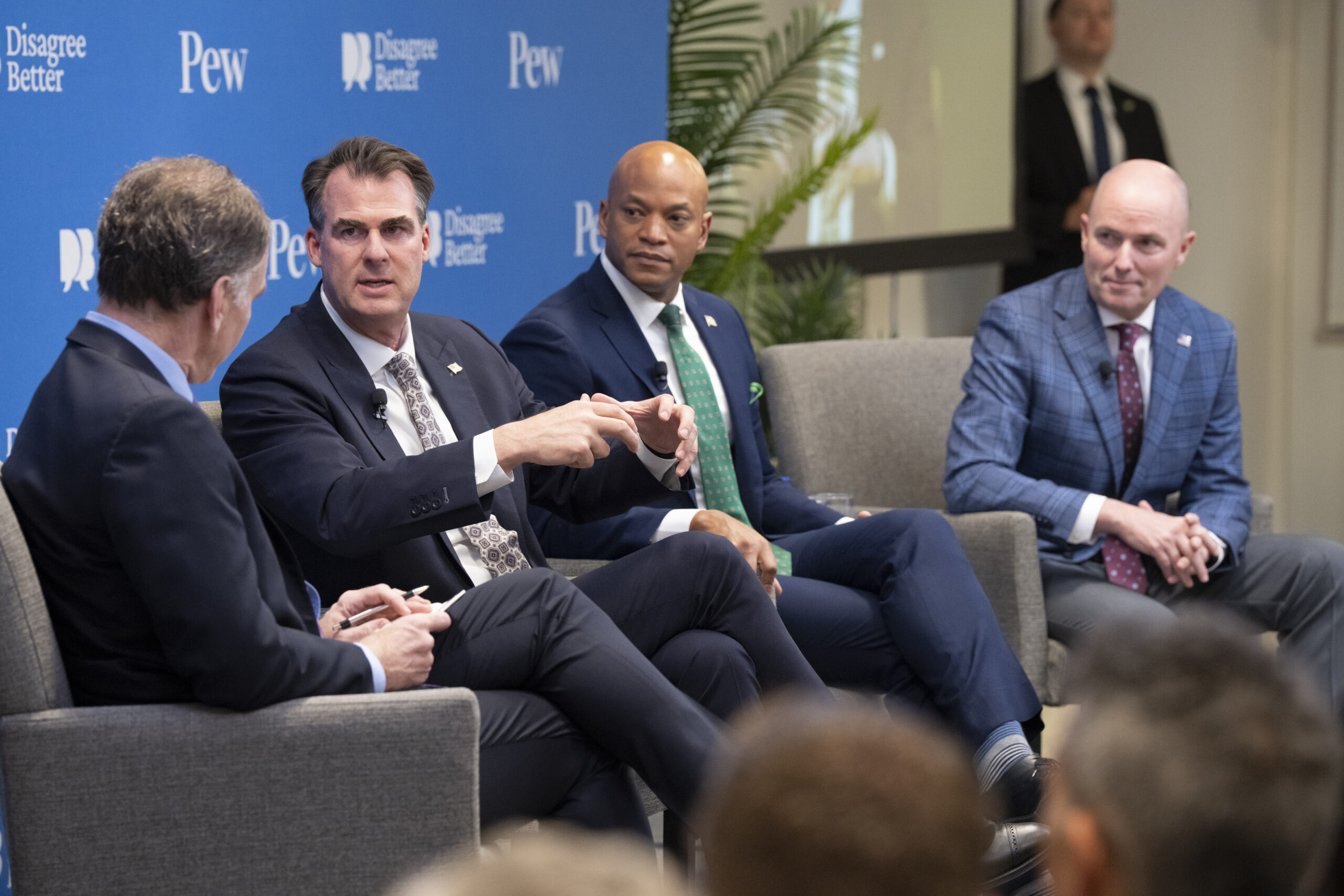On November 29th, the National Governors Association Children and Families team hosted the monthly Human Services Policy Advisors Institute Call on state-level strategies to increase timely permanency in the child welfare system.
While the circumstances for each family and their involvement with the child welfare system vary, Governors have a shared goal for all children that enter care – permanent, timely placement in a caring and safe home. However, while timely permanency is the goal, children are getting stuck in the foster care system for extended periods of time, decreasing the likelihood of achieving both legal and emotional permanency. On November 29th, the National Governors Association Children and Families team hosted the monthly Human Services Policy Advisors Institute Call on state-level strategies to increase timely permanency in the child welfare system. Presenters for this call included representatives from Louisiana and Utah.
Speakers
- Karen Austin, Project Manager at the Louisiana Department of Children and Family Services
- Julie Starns, Economic Stability Manager at the Louisiana Department of Children and Family Services
- Tonya Myrup, Director of Child and Family Services at the Utah Department of Health and Human Services
Key Takeaways
- Louisiana is leveraging cash assistance programs to support kinship placements
- Utah continues to be one of the only states to provide parent/child family-based residential substance use disorder treatment to allow pregnant and parenting women (PPW) to remain as caretakers for their children.
- Trending among States: supporting kinship placements as a means to increase timely permanency.
- Partnering with the courts can help States improve permanency outcomes and increase family and child engagement throughout system involvement
Louisiana
Speakers from Louisiana highlighted the Kinship Navigator Program (KNP), which provides resources and services to relative caregivers. This program was designed to prevent entry into the foster care and support relatives caring for children. Louisiana hired a kinship navigator, one full-time employee, to promote these services and increase awareness within local offices and the Department of Children and Family Services (DCFS) now contracts with a number of services across the state, including:
- Services for relatives not involved with DCFS
- Expedited foster care home approval
- Identification of qualifying legal services and educational workshops
- Concrete services for families in the process of becoming certified with DCFS
- Concrete services for families not working with DCFS caring for other family members
As a result, 45% of children in foster care are now staying with parents, relatives, or fictive kin. Louisiana is also continuing to work with higher education partners to evaluate the effectiveness of these services, and has made a concerted effort to promote its two TANF cash assistance programs for which these families may also be eligible:
- Kinship Care Subsidy Program (KCSP) is assistance available to qualified relatives to fifth degree caring for children. KCSP’s requirements mandate that the parent not live in the home, with an income requirement of less than 100% of the Federal Poverty Line (FPL). KCSP also requires that kin, within one year, obtain custody, guardianship, or provisional custody by mandate of the children in care.
- Family Independence Temporary Assistance Program (FITAP) is available for parents to help with their children’s basic needs. However, FITAP’s income threshold is very low, and family income must not exceed the benefit amount.
Utah
Utah highlighted four supports across DCFS that promote permanency across the state:
- Partnership with the Courts: To improve timely permanency and promote family engagement, Courts are required to report on the timeliness of hearings to the legislative oversight panel, and perform a six-month review in court, which contrasts to the former administrative review. The Court Improvement Program, administered by the U.S. Department of Health and Human Services (HHS) Administration for Children and Families (ACF), also assists the department with messaging, webinars, and conferences, and has developed the Quality Hearing Bench Card, a one-page document for the judges which includes family and child engagement and review of permanency goals.
- Ongoing Intensive Focus on Permanency: In a statewide effort to catch more children upstream, Utah is accelerating their monthly intensive review timeline for children in care from 24+ months to 12-24 months. Utah is also placing a strong emphasis on supporting the relationship between the parents and foster parents, as a means to prioritize reunification efforts and increase trust even as permanency goals move towards termination of parental rights. Utah is also one of the only states that provides parent/child family-based residential substance use treatment to allow children to stay with their parents while receiving treatment for substance use disorder.
- Emphasis on Kinship Care: Utah has several supportive statutes that place an emphasis on kinship care, including a rebuttable presumption that placement with kin is in the best interest of the child. Utah is also rolling out the family action meeting statewide, a comprehensive meeting happening within 3 days of child protective services (CPS) identifying a safety concern.
- Finding Families: Utah contracts with an evidence-based provider to find and recruit permanent families, particularly for children in care over 24 months with no viable permanency option (I.e., sibling groups, children with high acuity needs, and children that have had multiple placements). Utah is working to expand this contract for children who are first coming into care, in an effort to hasten the identification of family.
Resources for States
- Louisiana: Kinship Navigator
- Utah: Child Welfare Statutory Time Requirements Report
- Utah: Benchcard and Guide
- Utah: Benchcard Only
- Providing Hope and a Plan with Family Centered Treatment
- Outcomes Highlights for Family Centered Treatment Services 2022
- Prioritizing Family Engagement: An Impact Report on Family Centered Treatment



